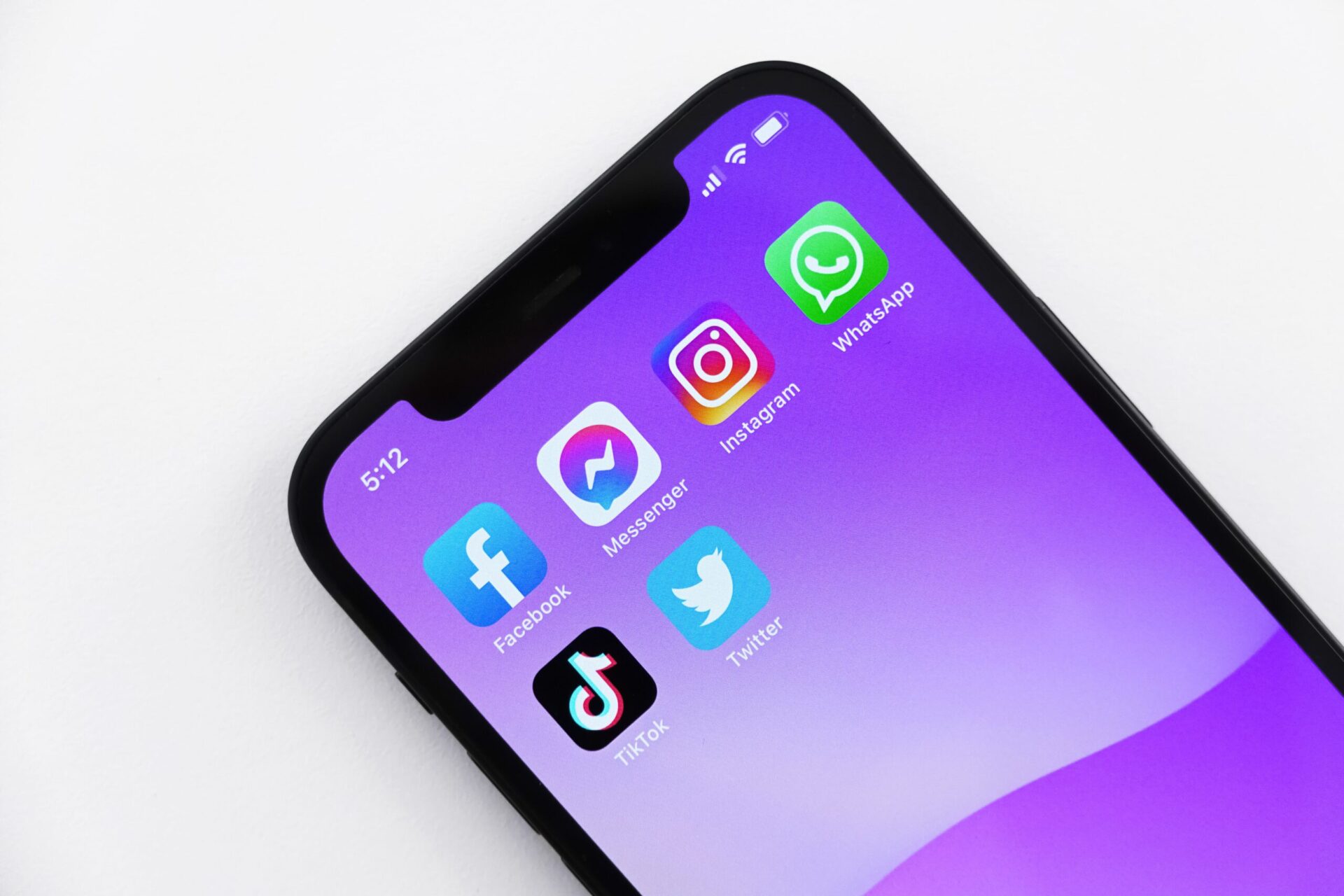It has been more than two years since I last wrote a marketing strategy post – Nigeria-telecoms-companies-and-marketing. The post generated a lot of review and was even a subject of a senior level strategy revamp in a major telecoms company in Nigeria. In this post, I will be making a case for a paradigm shift in the way we approach business/marketing strategy formulation.
First, a bit of background. The concept of marketing myopia was first postulated by Theodore Levitt of Harvard in his landmark 1960 HBR article titled Marketing Myopia. In the article, Levitt asked the now famous question, “What business are you really in?” According to Levitt, failure to answer this question correctly always lead to business failure. And he gave the example of the American railroad:
“The railroads did not stop growing because the need for passenger and freight transportation declined. That grew. The railroads are in trouble today not because that need was filled by others (cars, trucks, airplanes, and even telephones) but because it was not filled by the railroads themselves. They let others take customers away from them because they assumed themselves to be in the railroad business rather than in the transportation business. The reason they defined their industry incorrectly was that they were railroad oriented instead of transportation oriented; they were product oriented instead of customer oriented”
That is the main thrust of Levitt’s argument: businesses will do better in the end if they concentrate on meeting customers’ needs rather than on selling products.
All industries are dynamic. The truth is, every industry was once a growth industry and the ones that are currently riding a wave of growth enthusiasm are likely already in the shadow of growth decline or will soon be.
Let us look at the practical implication of these paradigm shift in selected Nigeria industries:
Telecommunication:
On the surface, MTN, Etisalat, Airtel, Globacom are all in the telephone business. But in reality, nothing could be more erroneous than this. If these companies are to properly answer the question “what business are we in?”, they will agree that they are in the business of enabling communication between people. The success of any of these companies depend on realizing this. Five years ago, SMS used to cost 15 Naira. Today, the average cost of SMS is 4 Naira. But the real issue is not even in the declining revenue accruing to telecoms companies from SMS, the real issue is that in the next couple of years, SMS revenue will be zero! The reason for this is not farfetched, why should I pay for SMS when I can send the same message (and actually a lot more with multimedia) via Whatapp, Snapchat, Facebook chat etc.
Even the traditional cash cow for these companies, voice, is not insulated. Skype call is free. In fact, I now make more calls on Skype than on traditional phone. While it is true that I am not currently a representation of an average Nigerian, it will not be naive to project that as smart phones and data becomes cheaper, more people will embrace internet calling; with the implication that average spend by subscriber will keep falling.
NIPOST
A classic example of a company that fail to properly define its business is Nigeria Postal Service, NIPOST. NIPOST apparently thinks it’s in the letter distribution business. Wrong. (Of course, the problems of NIPOST are a legion: package disappearance, undertrained and unmotivated employees, analog operation etc). The single most significant factor responsible for NIPOST’s withering is its failure to correctly define its business.
Were NIPOST management more strategic, they would have understood that they are in the logistics business? This simple paradigm shift would have changed the story of NIPOST. Okay, what do I mean?
While it is true that the advent of email and texting have eroded the volume of physical letter, the overlooked fact is that the same internet has dramatically increased the number of package deliveries, ala Jumia, Konga, Rytedeals and co. The extensive postal infrastructure NIPOST has all over Nigeria gives it a huge competitive advantage in package delivery. Thus putting cost and geographic spread into consideration, it would have made a lot more business sense for these e-commerce companies to work with NIPOST (every other things being equal of course).
SUCCESS ROADMAP FOR YOUR BUSINESS
The lesson from the above examples is that, for companies to enjoy long-term success, they should stop defining themselves by what they produced and instead reorient themselves toward customer needs.
The entire company must be viewed as a customer-creating and customer-satisfying organism. Management must stop seeing itself as producing products but as providing customer-creating value satisfactions. This is the central idea that must be pushed into every nook and cranny of the organization. Failure to do this will mean the company will be merely a series of pigeonholed parts, with no consolidating sense of purpose or direction.
Properly defining your business will result in constant watchfulness for opportunities to apply your existing assets to satisfying needs and ultimately profit generation for the company. The companies that succeed long-term are the companies that expressed a new willingness to change their product to fit customers’ requests—practicing the “tell us what color you want” school of marketing.
So, for an Etisalat for example, no amount of creative marketing can increase the declining Average Revenue Per User (on voice calls) in the long term. At best, brilliant marketing can only increase its market share of a declining market.





























